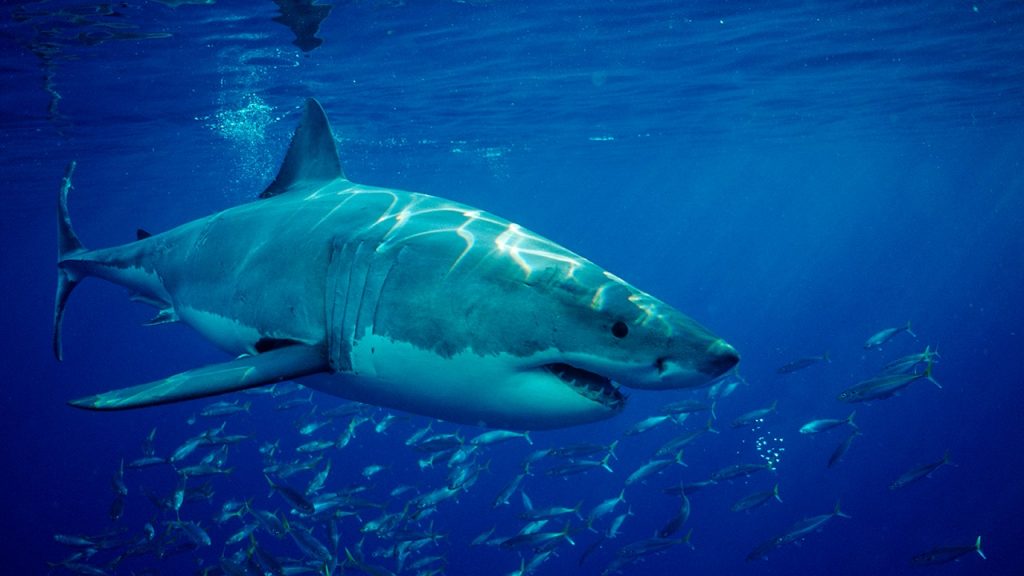A tragic incident occurred near the Canary Islands when a German tourist was attacked by a rare shark while swimming alongside her catamaran. The 30-year-old woman was on a British-flagged catamaran that had departed from Gran Canaria when the shark attacked, resulting in one of her legs being bitten off. Despite emergency personnel flying 320 miles to the scene to evacuate her, she tragically succumbed to her wound in the helicopter. The incident was investigated by Spain’s rescue service, Salvamento Marítimo.
The International Shark Attack File (ISAF) has only recorded six confirmed shark-related incidents in Spain’s history. Overall, shark attacks are rare, with a total of 69 confirmed unprovoked attacks worldwide in 2023, resulting in 14 fatalities. Australia has a disproportionately high number of shark attacks, accounting for 22% of incidents globally. The ISAF report highlighted that Spain is not a common location for shark attacks, making this tragedy even more rare and devastating.
Authorities have not disclosed the specific species of shark responsible for the attack near the Canary Islands. Following the incident, Spain’s rescue service, Salvamento Marítimo, launched an investigation to determine the circumstances surrounding the attack. This tragic event serves as a reminder of the inherent risks associated with swimming in open waters, where encounters with wildlife, including sharks, can occasionally turn deadly.
The German tourist’s death from a shark attack off the coast of the Canary Islands has garnered international attention and serves as a stark reminder of the dangers posed by sharks in marine environments. The incident took place while she was swimming near her catamaran, with the attack resulting in a fatal wound. The limited number of shark-related incidents in Spain makes this tragedy particularly uncommon, underlining the rarity of such events in the region.
Shark attacks remain a topic of concern and interest globally, with the ISAF tracking incidents worldwide to monitor trends and provide data on such occurrences. The statistics on shark attacks provided by the ISAF indicate a relatively low number of confirmed incidents, with Australia experiencing a disproportionately high rate of attacks. The tragic death of the German tourist in the Canary Islands serves as a somber reminder of the potential risks associated with encounters between humans and sharks in marine environments.
While shark attacks are rare, tragic incidents like the one near the Canary Islands highlight the importance of continued vigilance and caution when swimming in open waters. The circumstances surrounding the attack, including the specific species of shark involved and the response by emergency personnel, underscore the need for awareness and preparedness when engaging in water activities. The impact of this event on the local community and the broader public serves as a sobering reminder of the unpredictable nature of interactions between humans and wildlife, particularly in marine ecosystems.


